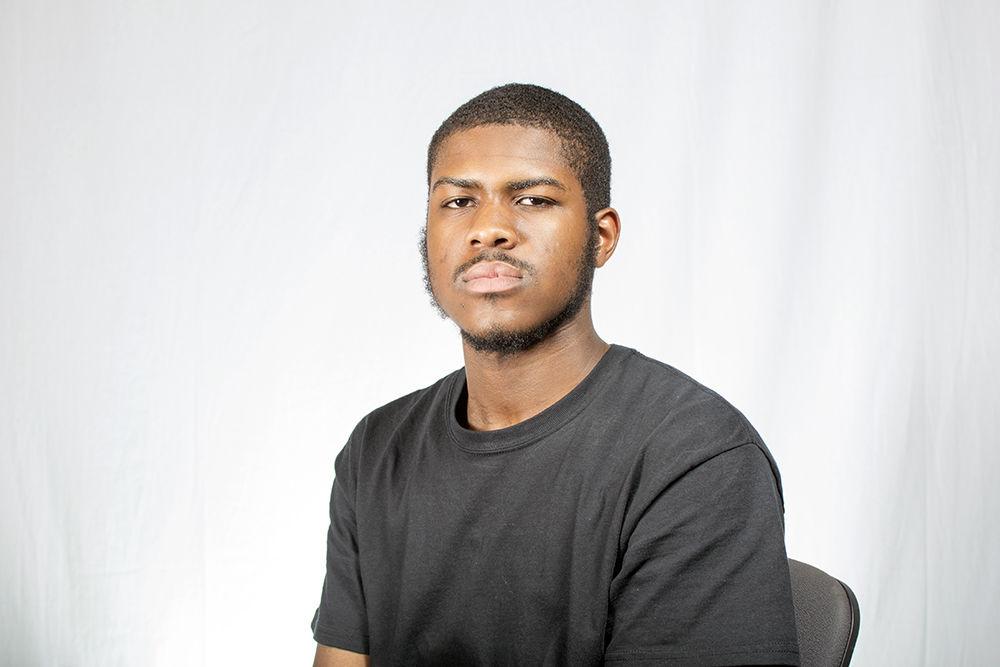
Rasheed Harding
People process or understand information in different ways. The value of learning in a classroom environment is compounded by the interactions of various ideas and knowledge bases. More times than not, I have encountered a situation where a fellow classmate asks a question or brings up an evaluation or criticism that I hadn’t thought of.
I want to get the most out of my classes, so I’d rather not have those remarks slip under the radar. Considering the value of shared information, it becomes clear that it is in every student’s best interest to call attention to the raised hands of their classmates that go unnoticed.
A key aspect of this issue is the “unnoticed”/“unrecognized” factor. The situations I am discussing identifiably involve a professor who clearly fails to notice a student raising their hand for a question. This could be the result of many observable influences, including the professor’s line of sight at the time, the size of the class, the student in question’s position in the class, or tentative hands in fear of interrupting the professor’s flow.
This is in contrast to cases of “full speed ahead” professors with highly organized and planned out lesson structures, in which there are allotted moments for questions during said lessons. In these cases, I understand and advocate for restraint. However, when the floor is open for questions or responses in these types of classes, the recognition inhibitions mentioned above can still come into play. In those circumstances, I stand by my initial statement: help those questions or responses be heard.
I confess that I am more than aware of the superficial mundanity of this issue. That being said, I am more concerned with drawing attention to the repercussions of ignoring this issue than I am with the medium through which we might mitigate them. After all, there are numerous response-enhancing methods that most professors already employ in their classes. Interestingly, these methods appear to be more than applicable in dealing with unasked questions.
For example, educators are encouraged to refrain from excessively calling on the same recurring hands. This is to avoid alienating the rest of the class or communicating to them that questions and responses are “first come, first served.” Instead, professors should invite and encourage the class to pitch in their thoughts in response to a classmate’s remark. This would easily root out any inquisitive or compelling reflections and interpretations that would have otherwise remained hidden.
Additionally, most students have witnessed the seemingly merciless and gut-wrenching questioning tactic known as “cold-calling.” Teachers employ this method of calling on specific students, rather than waiting for voluntary responses, as a way of stimulating and enhancing their learning experience.
Naturally, I don’t know of any students who enjoy being called upon, especially at a university. However, to our professors’ collective credit, this method has been proven to increase the number of voluntary responses and questions among students, as well as decrease their general participation discomfort. We should take advantage of these opportunities whenever they are presented.
As students, our contributions to bettering our interactive learning are just as imperative. The bare minimum would require someone in a more noticeable position raising their own hand and pointing out an observably unseen inquirer. Obviously, not everyone possesses that level of enthusiastic sociability, but I can attest that this discomfort subsides in situations where the inquirer is sitting within reasonable proximity.
To avoid any misinterpretation of my advocacy, I want to be clear: every question doesn’t deserve to be asked. To a certain extent, we have to allow for questions or critiques that are worth considering. At an academic institution such as NC State, chances are that the caliber of most students’ remarks will be quite high. However, we must take care not to waste anyone’s time.
Therefore, before making the decision to address an unanswered question, take a moment to properly assess its apparent worth to yourself and the rest of the class. Consider the inquirer’s body language, the remark that their hand shot up in response to, their previous questions and insights or even your own interpretation of whatever was just said.
One glaring downside stems from the fact that we aren’t mind readers. Intent can shift in the blink of an eye, and tentative hands are typically telltale signs of that. Whenever I see someone almost raise their hand and then slowly lower it, I don’t always possess enough observational information to confirm whether or not they still want an answer in that moment.
Now, I may be in the minority here, but I’d personally still want to know what they’d had in mind. What good is an interactive academic environment if we can’t learn from each other? Limiting the sources of our understanding and interpretation of information defeats the purpose of learning in the first place. I am more than willing to admit that there are things I don’t know, and the things I do know I admit I don’t know everything about.
In that regard, when the situation calls for it, preventing good remarks from fading into obscurity is a more than attainable task. It is both in our and everyone else’s best interests to have our classmates’ backs, and we most definitely have the collective ability to ensure that no worthy question goes unnoticed.